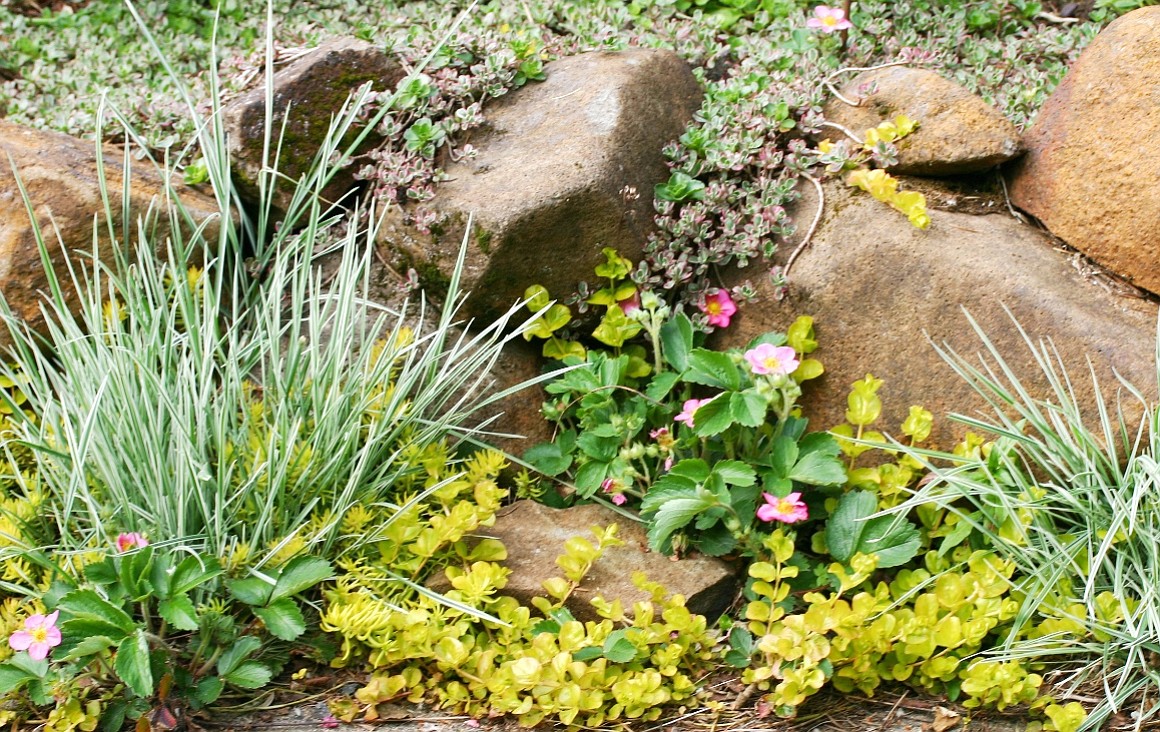I spent some time last week with a group of gardening friends. We talked about a million and one things, all concerning the act of gardening. What I found fascinating about the conversation was that we all love to garden but each person had a different slant on the topic of working in the garden.
No matter what our level of garden expertise, we all have one thing in common. It requires work to keep a garden maintained. There are standard chores that we all have to do such as mowing the lawn, weeding flower beds and borders, and removing yard debris as a result of our own work or as a result of the wind or the weather in general.
Whatever style direction we take, we all strive to maintain our garden in a manner that shows off its best attributes. Just as one housekeeper has a different concept of neat and tidy, every gardener has his or her own idea of a well-maintained garden. The term I like to use to describe a gardener’s particularity is tolerance, as in a gardener’s tolerance for weeds.
What I find wonderful about this time in the history of American gardening is the fact that so many of us are striving to find a balance between the way of the natural world and the gardens we create. We want to know how to create a garden without annihilating nature in the process. Never before have the opportunities for conscious living been so plentiful and never before has the need been so great.
The result is a growing interest in combining the needs of our ever-expanding garden lifestyle with the environmental imperatives of our time. A list of environmentally responsible gardening techniques that make sense for any level of gardener would include practicing efficient watering methods and selecting plants appropriate for the soil and exposure of the area where they will be planted.
When I refer to working with nature in the garden, I’m aware that more gardeners will show an interest if the results offer better rewards with less work. When we use a confirmed method such as integrated pest management to minimize applications of synthetic pesticides in the garden, we save ourselves the trouble of adhering to a complicated chemical spray schedule.
A good standard
Working with nature whenever possible becomes a good standard to apply before we undertake any new garden project. When we plant the right plant in the right place, we eliminate the need to remove and transplant those plants that refuse to thrive in hostile conditions. The knowledge we need may be a simple fact that we never understood before such as composting spent yard debris to create rich soil amendments that we can use again in our gardens.
As you work in the garden this week, take the time to notice how you’ve done so far in the realm of working with nature. Consider whether your garden fits the environment. Have you selected plants that are well-adapted to your site, including a good mix of natives? Have you selected plants that are resistant to pests and diseases common in your area? Does your plant selection encourage predators of problematic pests?
One of the essential steps in your garden planning is to include an assessment of your lifestyle. This is something we do when we begin to garden but often forget to re-evaluate as we continue to garden. Ask yourself again how much time you have available for gardening. This may have changed since you began the process. Before you plant, consider what it is you want to grow. What are your physical or financial limitations and how willing are you to try new ideas?
Once you know what it is you want from a garden, it will be necessary to consider what type of garden will fit the conditions of your general site. Assess your site thoroughly, beginning with an understanding of the USDA hardiness and the American Horticultural Society heat zones. The goal of gardening naturally is to make gardening easier and more successful. If you find that you are not enjoying the process, it’s time to think about why you began gardening in the first place.
More than once I have caught myself in the act of creating a garden project that was too complex for the amount of time I had to spend on maintenance. Fortunately, we can always start again in the garden. We can change parts of our gardens and we can also re-evaluate our particular style choices. Don’t forget that you can always try a new design or grow different kinds of plants. Why not begin by working with nature as much as possible.



